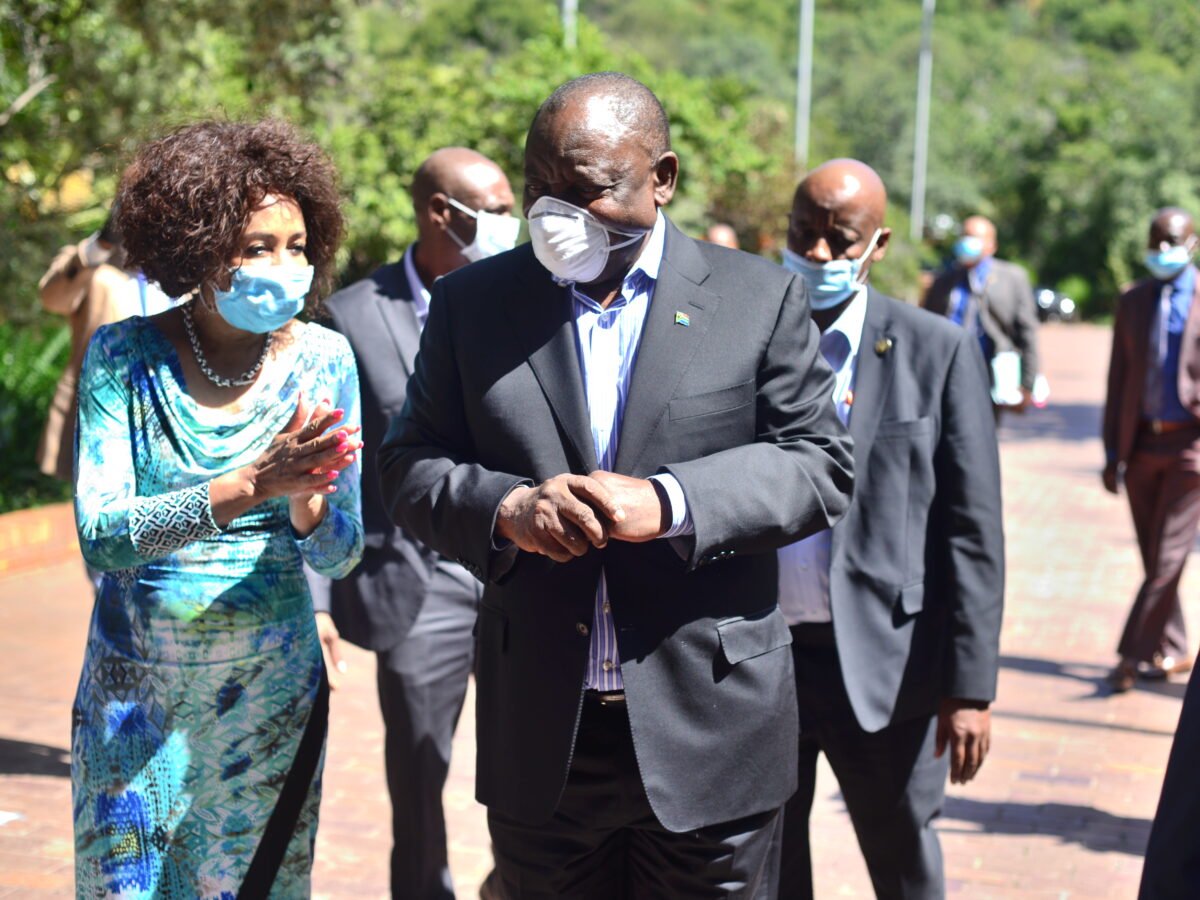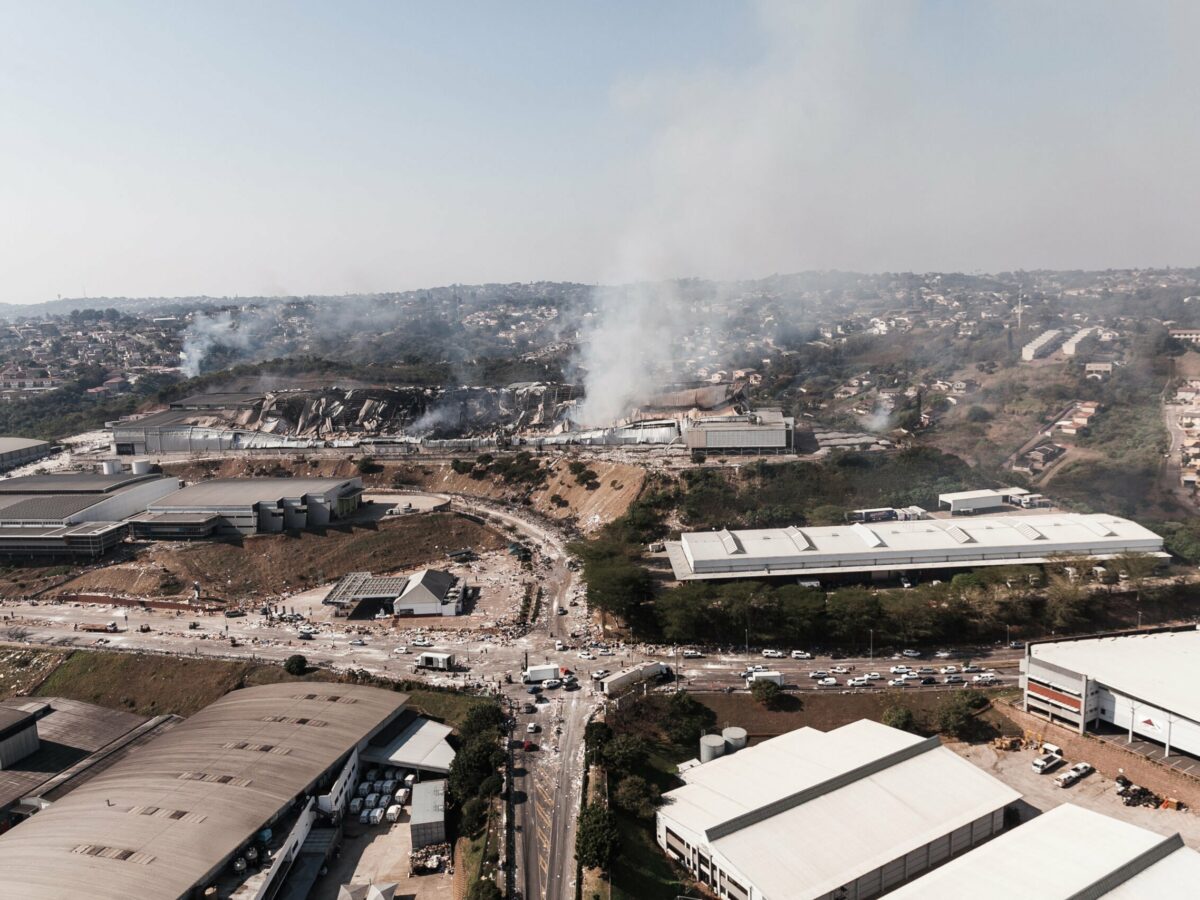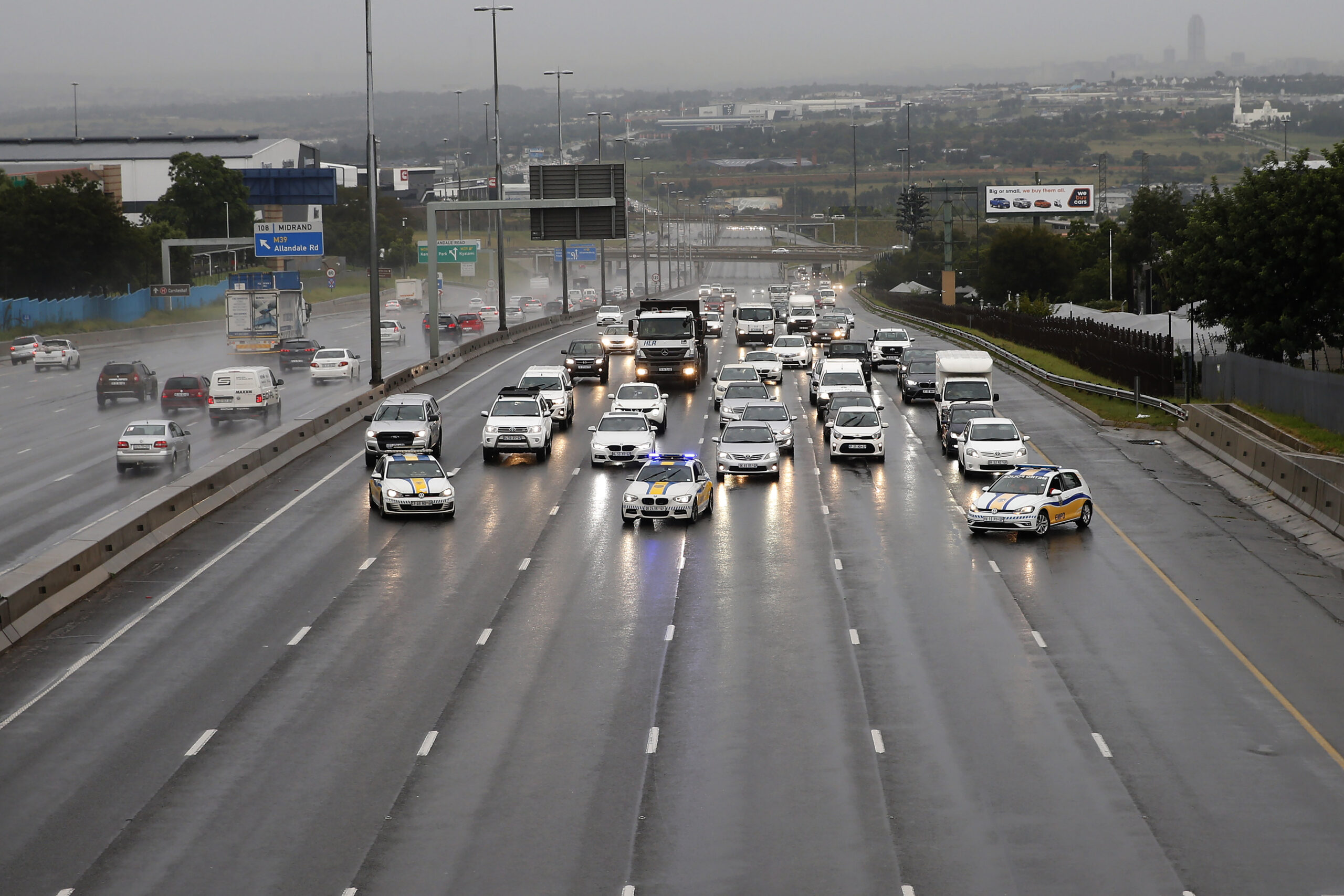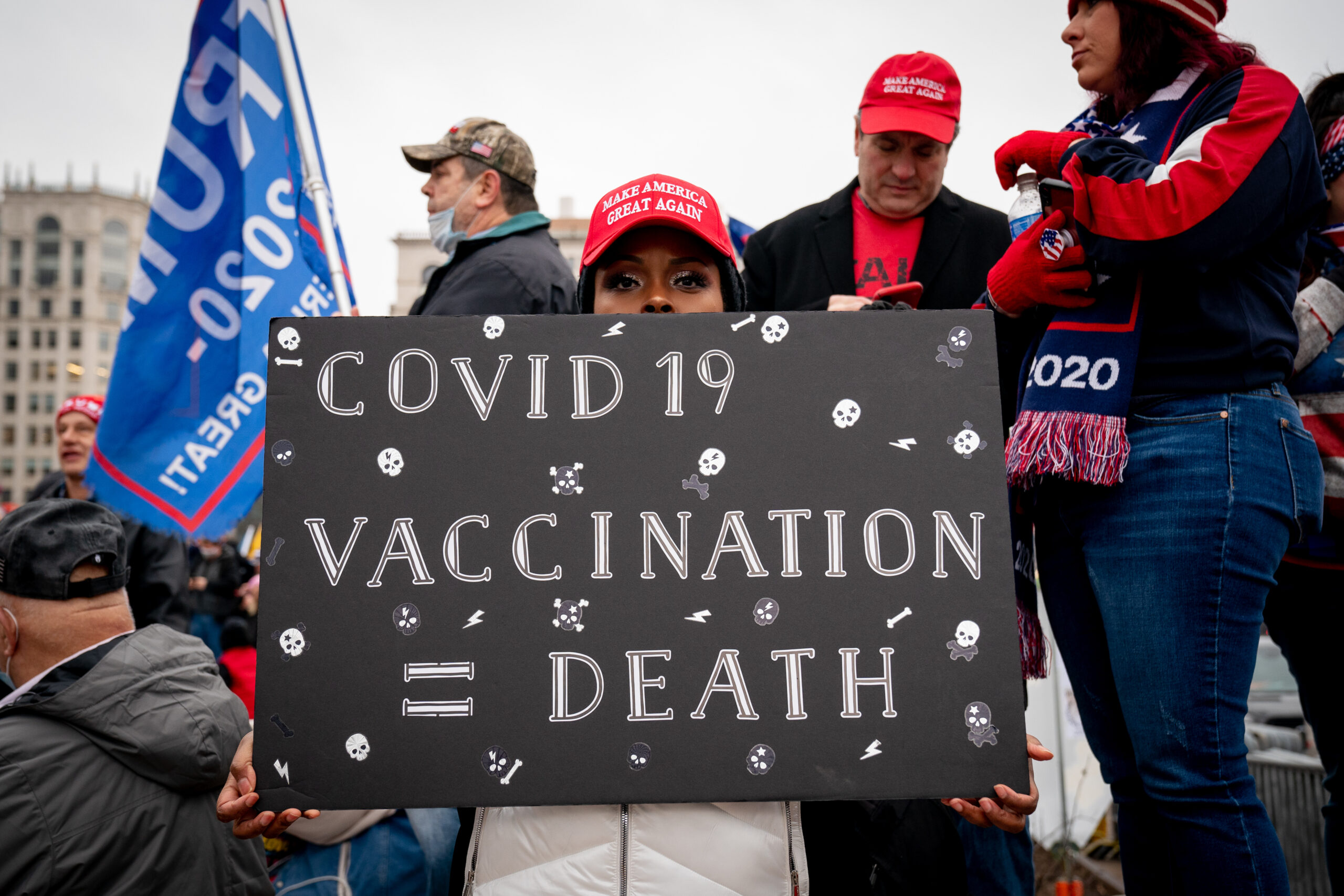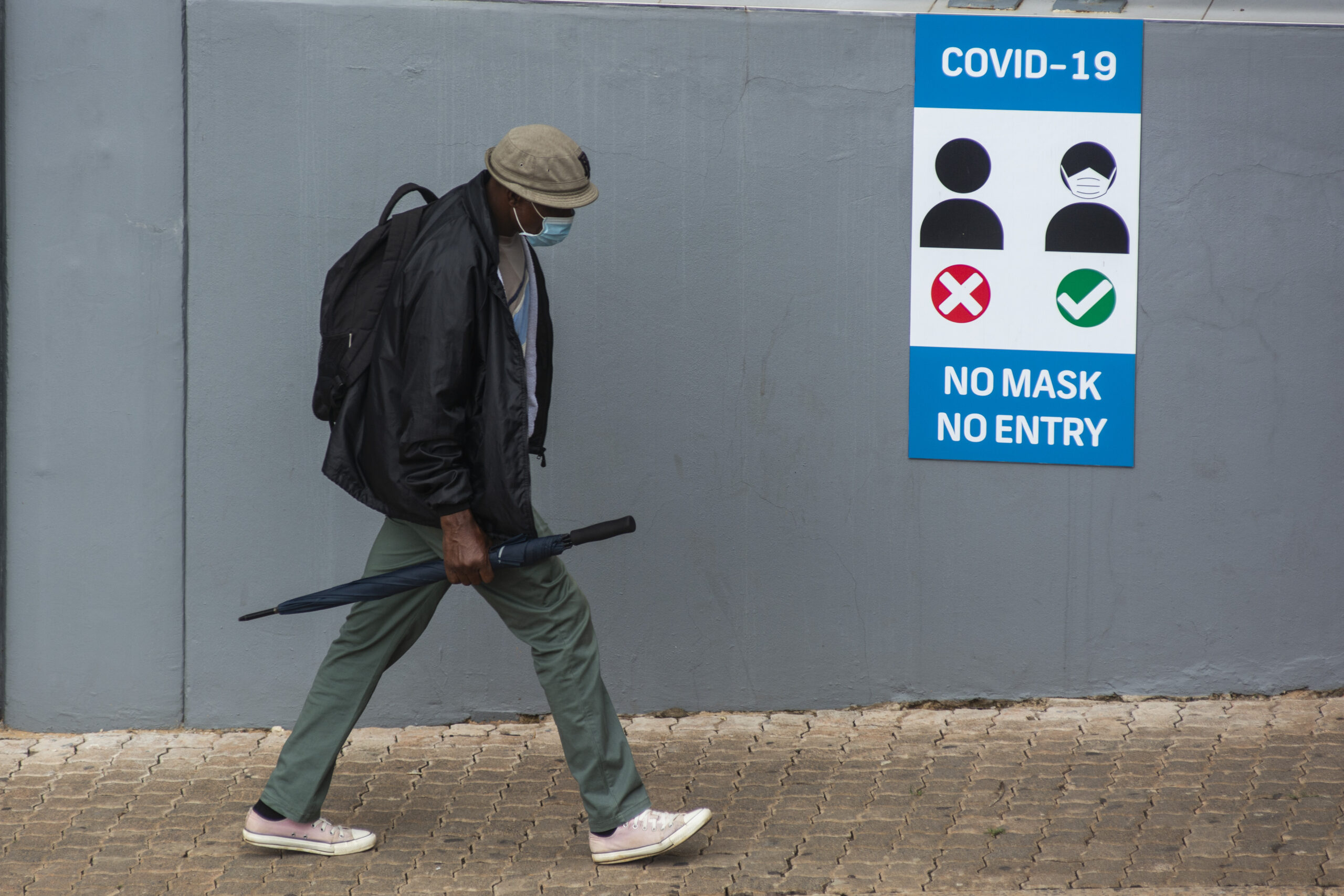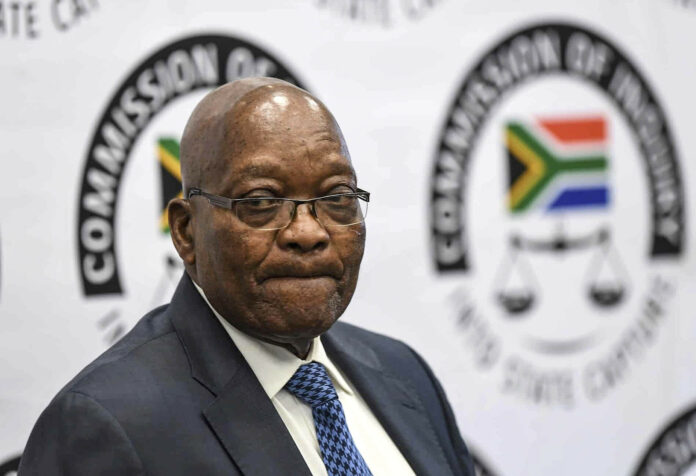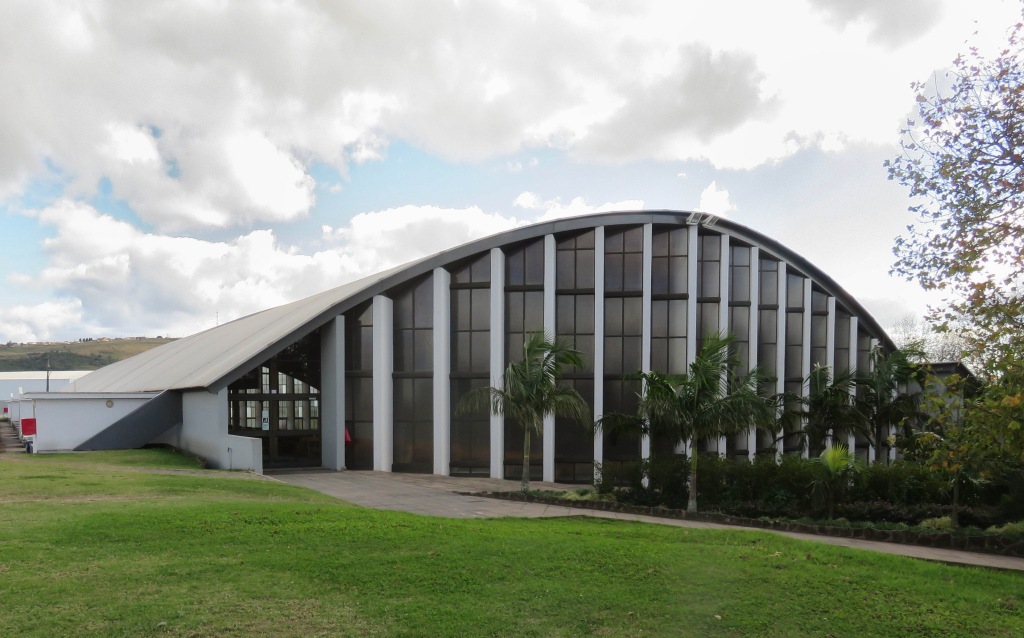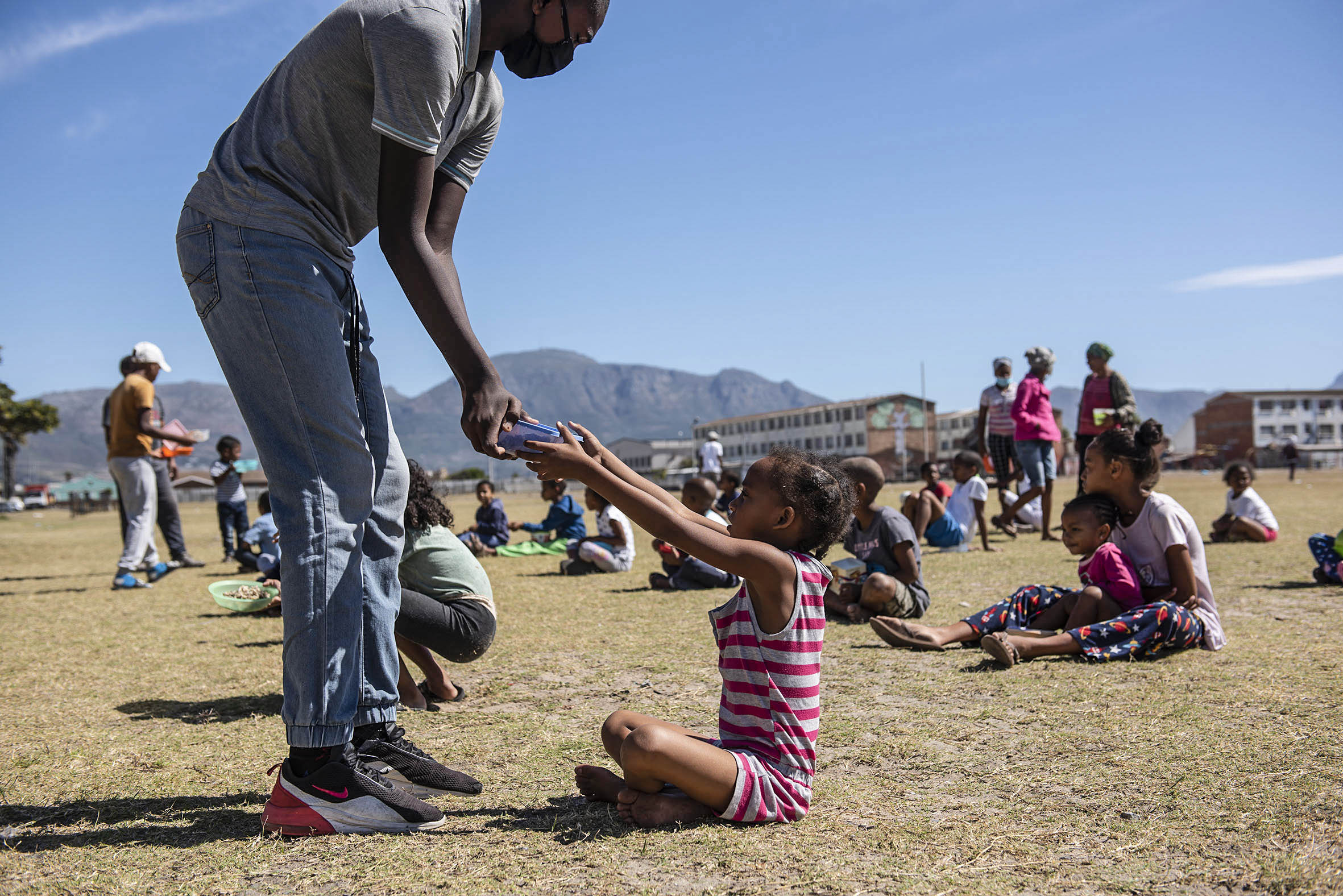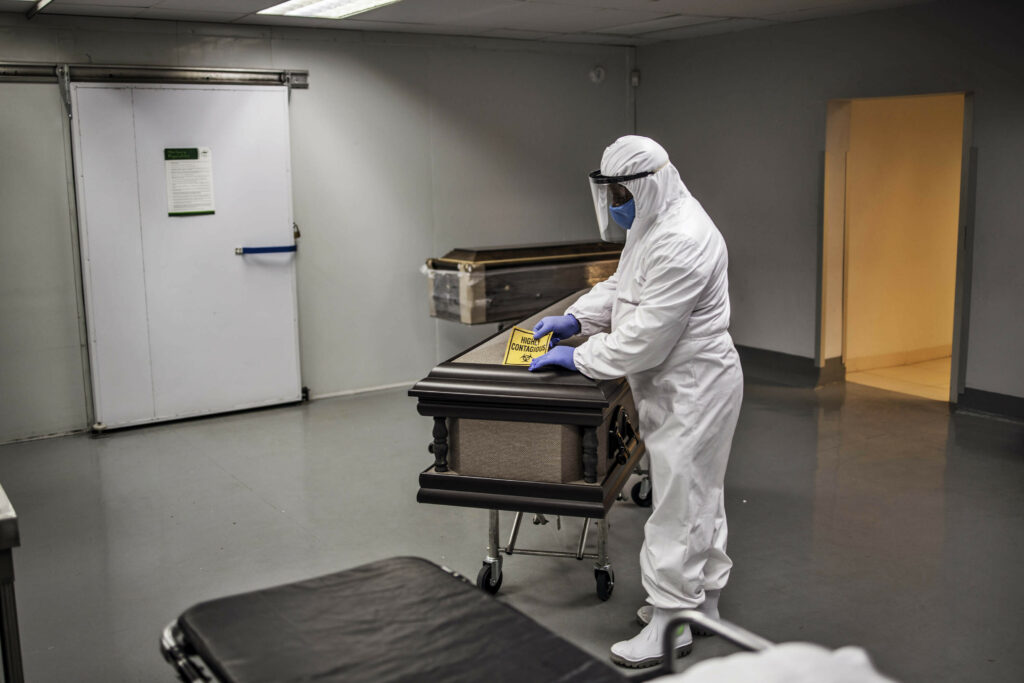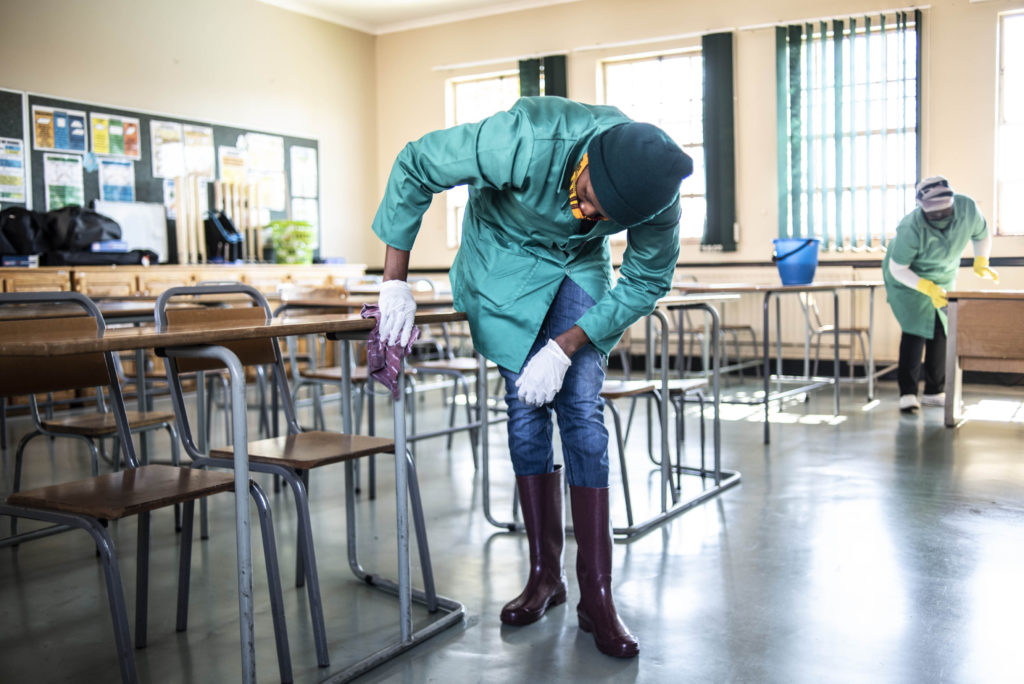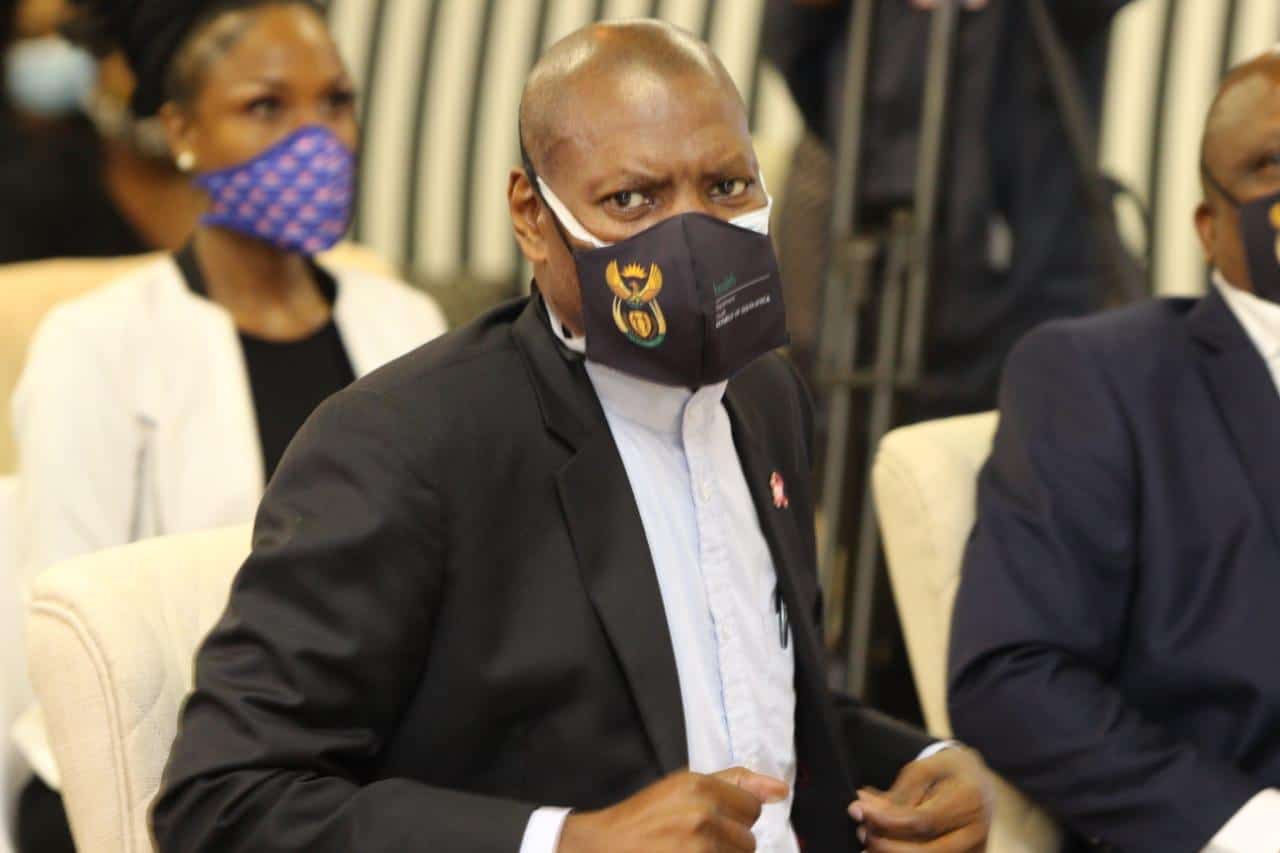We need robust and open discussion about South Africa’s transformation. What we don’t need is ham-fisted attempts at political posturing and calling our judges names
Ian Siebörger
Ian Siebörger is a senior lecturer in Linguistics at Rhodes University, specializing in discourse analysis, particularly the analysis of media and political discourses. His PhD, completed in 2018, is on the positioning of political parties in the Daily Sun's reporting. In his research he focuses on how emotive and evaluative language is used in the media to associate different ideas with particular people and organisations, shaping the opinions and knowledge that everyday citizens have about what is happening in South Africa's political landscape.
Why we still care about Zuma, and why we must get over him
Zuma has become symbol of South Africa’s deep-seated problems but, if we are to move on, we must lose our obsession with him
A new South African axis of evil?
A linguistic analysis of news reports shows that each so-called star in Jacob Zuma’s constellation will be judged as guilty by association
Covid-19: Fast and furious like a runaway car
But we need to take care of the metaphors we use to describe the pandemic
Vaccine scepticism: Words can harm us
By stopping the spread of fake news, ordinary citizens can help us reach herd immunity
The what, who and when of reporting Covid-19’s festive season wave
Language reflects our preoccupations, and words such as “spike”, “contract”, “admission”, “prevention”, “grant”, “MAC” and “amid” now predominate in reporting on the virus
The Zumas vs Zondo: a family drama?
The framing of Jacob Zuma’s attempts to have Raymond Zondo recuse himself because of a tenuous family connection can distract us from the state capture commission’s main objective: uncovering the truth about corruption
The language telling the KwaSizabantu story
The complexity of the situation, with its multiple cross-cutting cultural and social circumstances, begs that we hear both sides
Corruption casts a long shadow on our public discourse
When the words commonly associated in news stories with the term ‘Covid-19’ include ‘looting’, it’s time to shine a light on the problem
Words can paint a softened impression of Covid-19’s onslaught
Reporting is blurry but, reading between the lines, it seems more people have died from the disease
Words matter: Struggles on three fronts of Covid-19 relief
Linking the word ‘Covid-19’ with ‘schools’, ‘impact’, ‘relief’ and ‘wards’ reflects the concerns about schools, the economy and medical treatment — stories that dominated in the media
Getting to the heart of the South African lockdown debate
What is it that has created divisions over when the Covid-19 restrictions should be eased?

